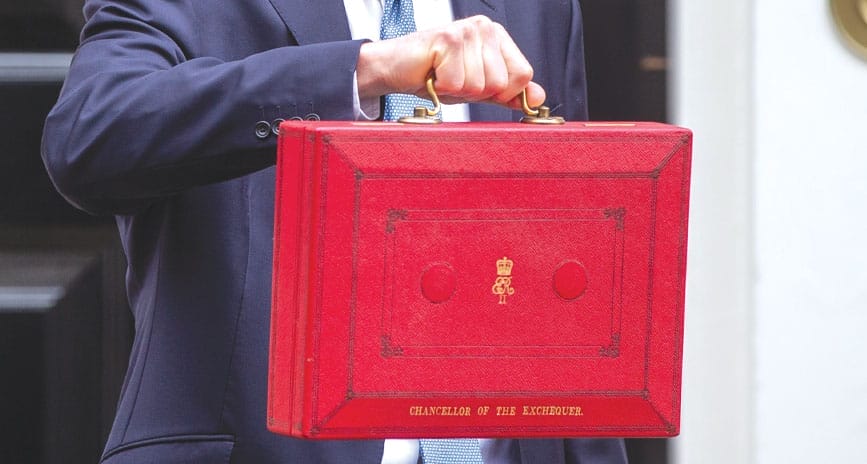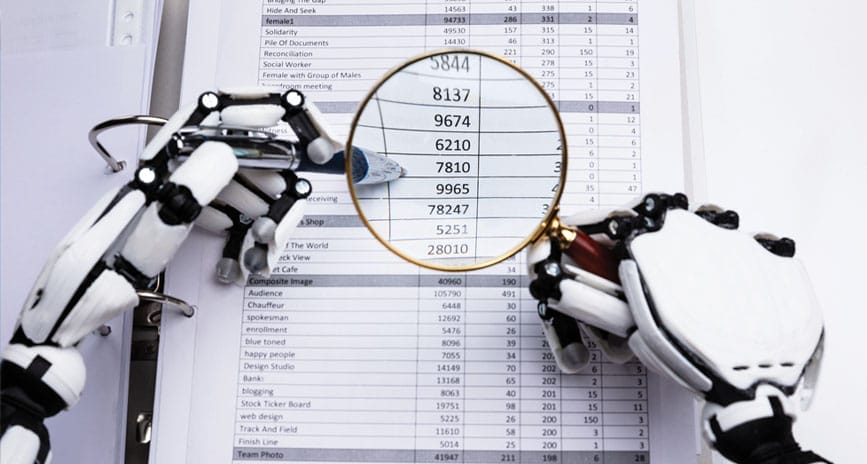As part of the Spring Budget, the Chancellor, Rishi Sunak, announced a new ‘Super-deduction’ tax relief among other capital allowances, as a mechanism to kick start the economy and promote a speeding up of business investment following the impact of the coronavirus pandemic. Les Leavitt, Managing Director at LWA has detailed how the Super-deduction works if you’re thinking of investing in qualifying plant and machinery.

What are capital allowances?
Capital allowances let taxpayers write off the cost of certain capital assets against taxable income, taking the place of accounting depreciation (which is not normally tax-deductible), and therefore businesses can deduct capital allowances from their taxable profits. For example, a corporation tax paying company with accounting profits of £1,000, depreciation expense of £200 and total capital allowance claims of £300 would make the following adjustment:
– Add £200 (depreciation expense) to £1,000 (accounting profits) = £1,200
– Deduct £300 (capital allowances) from £1,200 = £900 (taxable profits)
– Apply the appropriate tax rate, e.g. corporation tax at 19%: £900 x 19% = £171 tax due
There are two main types of capital allowances:
- Writing Down Allowances (WDAs) for plant & machinery – covering most capital equipment used in a trade.
- Structures and Buildings Allowances (SBA) – covering the construction and renovation of non-residential structures and buildings.
The Super-deduction is a new measure effective from 1 April 2021 that offers companies to claim 130% first-year allowance (FYA) relief on qualifying main rate (18% writing down allowance) plant and machinery investments until 31 March 2023.
What qualifies as plant and machinery under the Super-deduction?
HMRC have stated that equipment invested in must be brand new and not used, with examples of plant and machinery including but not limited to the following:
- Solar panels
- Computer equipment and servers
- Tractors, lorries, vans
- Ladders, drills, cranes
- Office chairs and desks,
- Electric vehicle charge points
- Refrigeration units
- Compressors
- Foundry equipment
- Vehicles used for trading purposes (not cars)
Other criteria for the Super-deduction
Companies must adhere to the following criteria in order to claim the Super-deduction FYA:
- Expenditure on qualifying assets between 1 April 2021 and 31 March 2023, and only for contracts entered into after 3 March 2021.
- Be a company within the charge to Corporation Tax.
- The expenditure will not be eligible if any of the general exclusions in s.46(2) CAA 2001 apply, such as:
– Expenditure in a chargeable period where the qualifying activity is permanently discontinued.
– Expenditure on the provision of plant or machinery for leasing.
– Expenditure on an asset which was initially acquired for purposes other than those of the Qualifying activity.
– Assets acquired by way of a gift.
Further information on eligibility criteria can be found on Gov.uk.
An example in practice
Here’s how the Super-deduction could work, showing the potential tax savings achievable by a company:
– A company incurring £1m of qualifying expenditure decides to claim the Super-deduction.
– Spending £1m on qualifying investments will mean the company can deduct £1.3m (130% of the initial investment) when working out its taxable profits.
– Deducting £1.3m from taxable profits will save the company up to 19% of that – or £247,000 – on its corporation tax bill.
What happens if the assets are sold?
In the event of the asset being sold or disposed of that would have qualified as an eligible investment under the Super-deduction or SR allowance, a balancing charge will arise based on a proportion of the Disposal value. If only part of the original expenditure qualified for either allowance, or a different allowance was claimed on part of the expenditure, only part of the disposal receipt will be treated as a balancing charge. Where the Super-deduction has been claimed, the disposal value for the asset will have a factor of 1.3 applied to it, except where the disposal is in an accounting period overlapping 1 April 2023, where a lower factor will be applied.
LWA are here to advise you if you are considering investing in plant and machinery and looking to benefit from the Super-deduction or other capital allowances announced in the Spring Budget. Please speak to a member of our expert Tax Team by calling 0161 905 1801 in Manchester or 01925 830 830 in Warrington, or you can email mail@lwaltd.com
www.lwaltd.com




